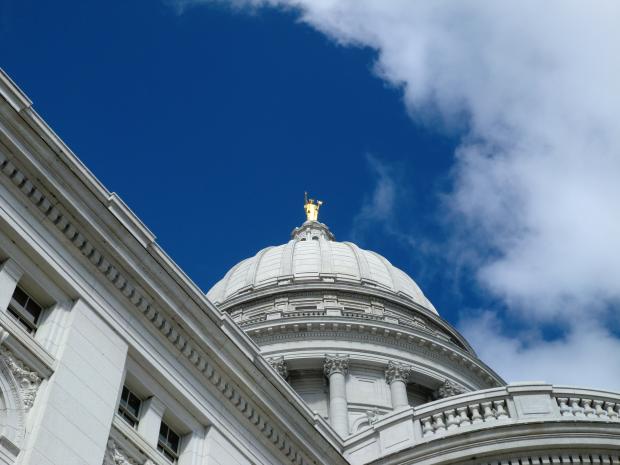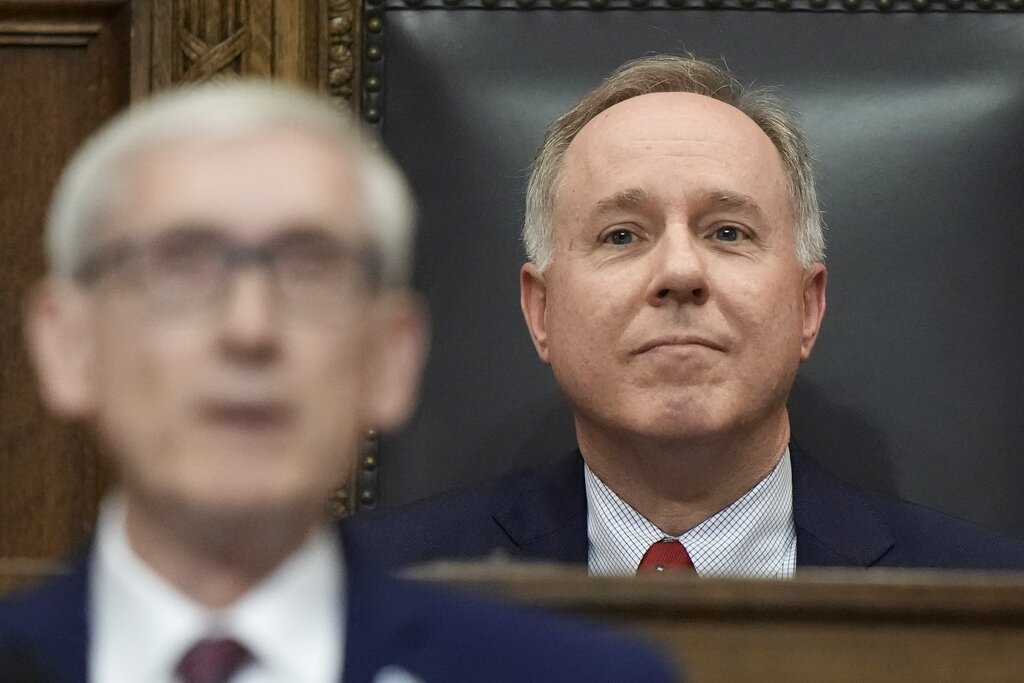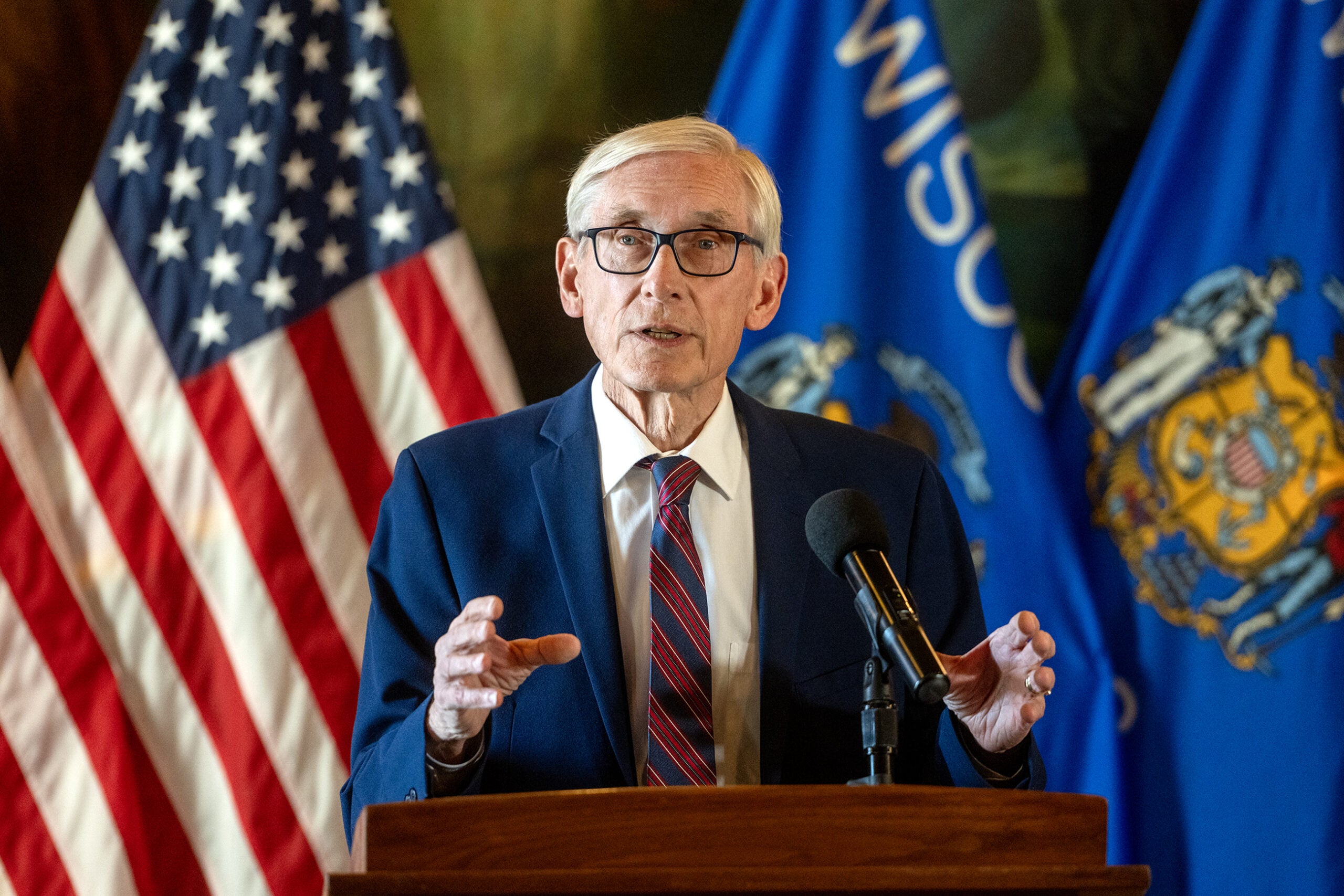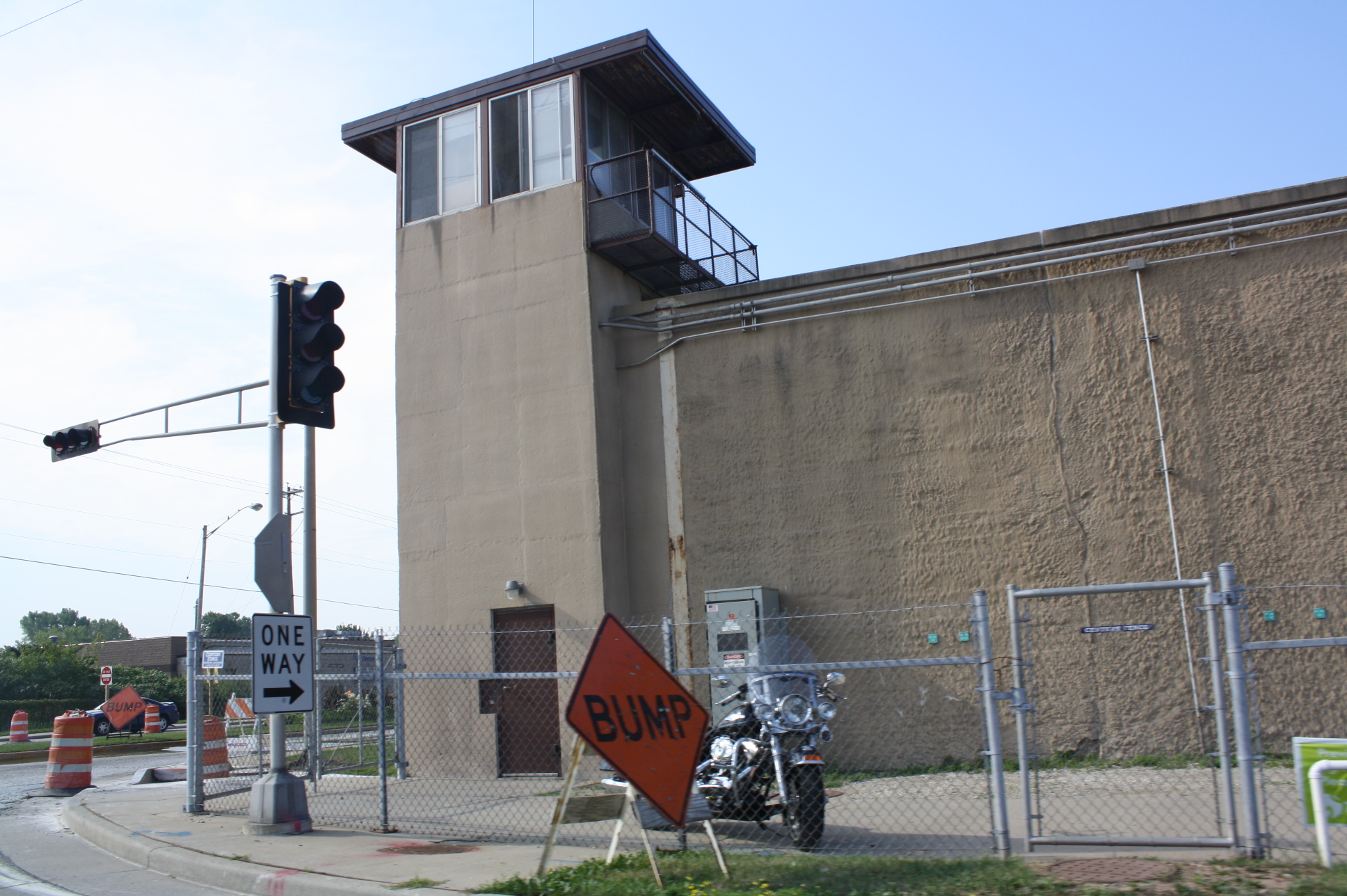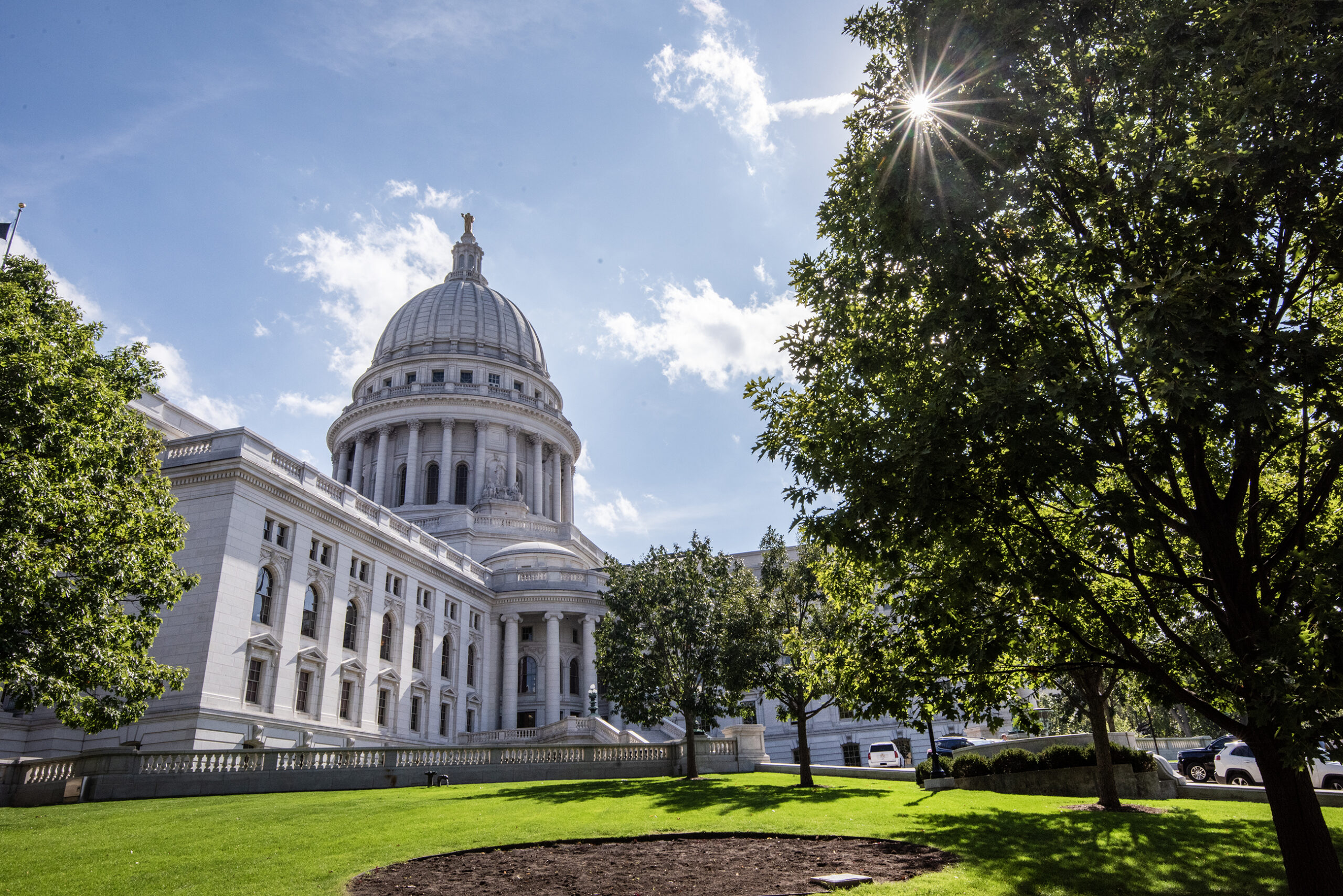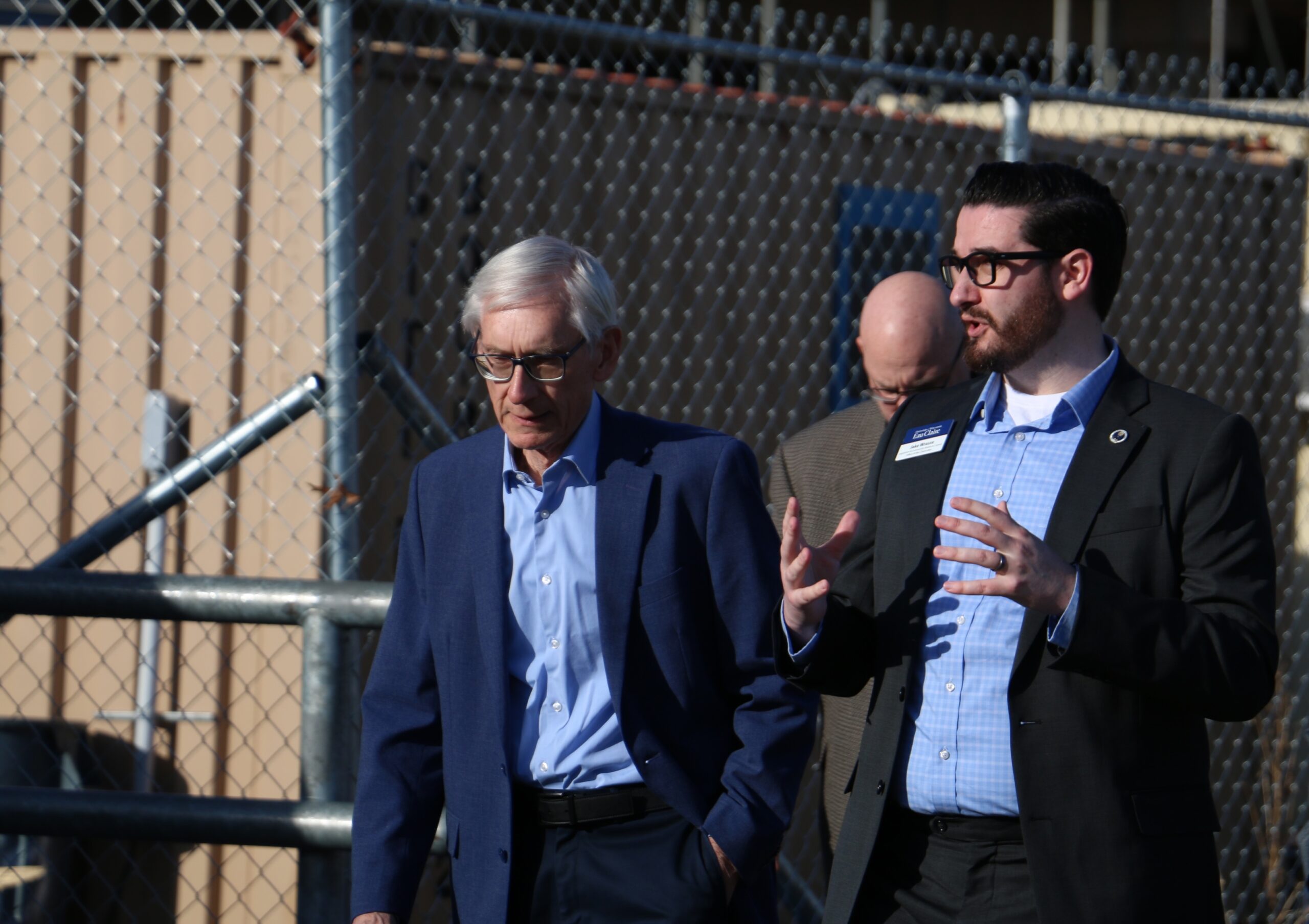Republicans on the State Building Commission on Wednesday rejected every project included in Gov. Tony Evers’ capital budget, setting up a debate between the administration and conservative legislators over which projects will be funded over the next two years.
All 82 projects included in the governor’s capital budget failed on party-line votes during the commission meeting.
Despite the vote, state lawmakers will still have a chance to approve all or parts of the governor’s plan, which includes more than $1 billion in new building projects throughout the University of Wisconsin System.
News with a little more humanity
WPR’s “Wisconsin Today” newsletter keeps you connected to the state you love without feeling overwhelmed. No paywall. No agenda. No corporate filter.
The governor unveiled his $2.5 billion capital budget about two weeks ago. It’s larger than any capital budget approved under former Gov. Scott Walker. Walker’s last capital budget, approved in 2017, cost about $1 billion.
Republican legislative leaders released a statement as the commission held its vote late Wednesday afternoon outlining their concerns with both the scale and amount of borrowing in Evers’ plan. The budget proposes borrowing $2 billion for construction costs.
“To enact this large a program in one biennium is both unrealistic and unsustainable,” said Assembly Speaker Robin Vos, R-Rochester, and state Senate Majority Leader Scott Fitzgerald, R-Juneau.
Vos and Fitzgerald said they urged Republican lawmakers on the commission to reject the projects and instead push the plan to the Legislature’s budget committee.
“We encourage you to work with the Legislature to to identify priorities within this proposal to help advance a more modest, responsible and sustainable plan,” they said.
In his own statement issued after the vote, Evers noted that some of the Republicans on the commission had voted for the projects in committee just a day before.
“This was about playing politics, plain and simple, not doing what’s best for the people of our state,” Evers said. “Republicans would rather have us sit here in gridlock than do the jobs we were sent here to do, and that’s a shame.”
During debate, state Rep. Rob Swearingen, R-Rhinelander, said there is “considerable heartburn” among GOP lawmakers about the plan.
Rep. Mark Born, R-Beaver Dam, said Republicans would agree to capital projects during the budget process, but he said they would do it in a “reasonable” way. Born blamed Evers for the impasse.
“He didn’t want to work with us on this, that’s kind of been the ways things have been lately, not wanting to work with legislative leaders, today not wanting to work with the legislative members of this committee,” Born said.
Meanwhile, Democratic members of the commission pushed for the commission to recommend the projects.
State Rep. Jill Billings, D-LaCrosse, said the governor’s plan should be forwarded to ensure important projects are completed.
State Sen. Janis Ringhand, D-Evansville, echoed that.
“I’m irritated that we’re taking this path,” said Ringhand.
While the capital budget would fund buildings throughout state government, the largest chunk would go to the UW System, meaning Wednesday’s vote put a long list of UW projects in limbo.
“Today’s votes do not diminish the need for a reinvestment in our repair and renovation projects throughout Wisconsin,” said UW System President Ray Cross in a statement issued after the commission meeting. “Over 60 percent of our buildings are between 45 and 70 years old. The risks to safety, to our maintenance costs, and to Wisconsin’s ability to attract and retain students are only growing. We look forward to continuing to make our case as the full legislature considers these capital projects.”
Projects in the capital budget include a $109 million science and health sciences building at UW-Eau Claire, $99 million for a new state office building in Milwaukee, and the funding to create the state’s new juvenile justice system, which would include replacing and repurposing its embattled youth prison, Lincoln Hills and Copper Lake.
Wisconsin Public Radio, © Copyright 2026, Board of Regents of the University of Wisconsin System and Wisconsin Educational Communications Board.

